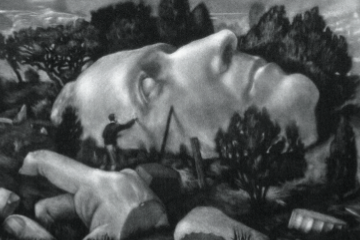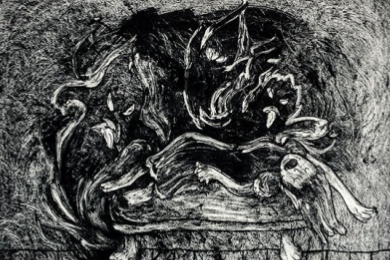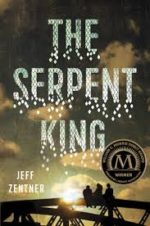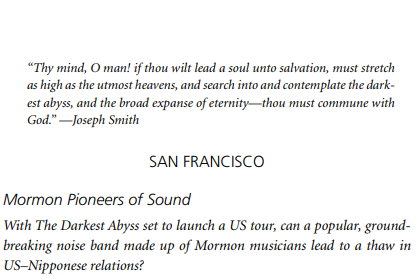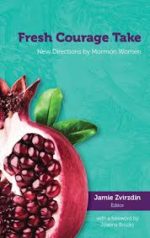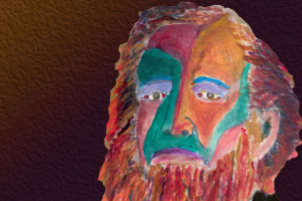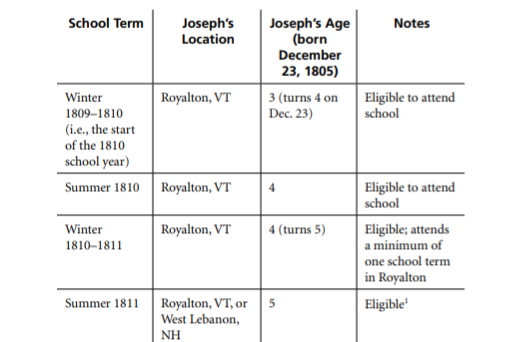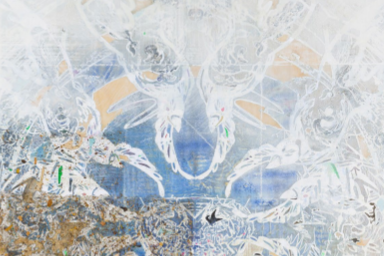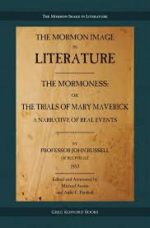Dialogue 50.2 (Summer 2017): 209–213
“I was excommunicated from the Church in 1986. I am a gay man in a twenty-five-year-long relationship with my husband Göran Gustav-Wrathall. We were legally married in July 2008. Over the years, people have asked me how it is that I could consider myself Mormon if I’m not a member of the Church. What covenants are there for me to renew on Sunday morning, sitting in the pews, as I pass, without partaking, the sacrament tray to the person sitting next to me? To the extent that there is a relationship between me and God that has the Church as a context, real as it is to me, it is invisible to outside observers. That’s okay. I stay because I cannot deny what I know.”


